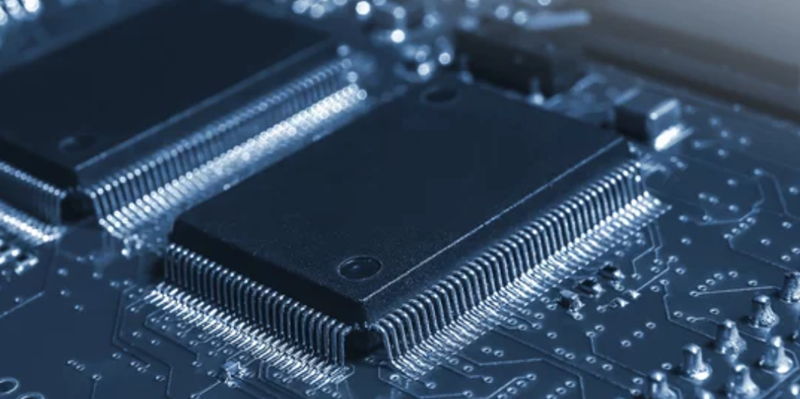In the ever-evolving world of computer processors, making the right choice for your next build is crucial. Today, we dive into the comparison of two high-performance processors, the Intel Core i9-14900K and the AMD Ryzen 9 7950X3D. These processors represent the best that Intel and AMD have to offer, showcasing their respective technical prowess. Join us as we delve into their prices, technical specifications, and performance, to determine which model is perfectly suited for your needs.
Overview of the Intel Core i9-14900K
The Intel Core i9-14900K, part of the 14th Gen i9 CPU lineup, presents itself as a powerful choice for modern gaming and multitasking. While it does not bring groundbreaking advancements compared to its predecessor, the 13900K, the technical capabilities of the 14900K are undeniable. With its exceptional clock speeds and improved core architecture, this processor holds its own against other Intel chips.
Evaluation of the AMD Ryzen 9 7950X3D
AMD’s Ryzen 9 7950X3D, part of the second generation of 3D V-Cache processors, delivers enhanced gaming performance while operating on a lower TDP (Thermal Design Power). The key highlight of this CPU lies in its increased L3 Cache, resulting in improved gaming experiences and more efficient overall performance. Upon its release in early 2023, the 7950X3D reclaimed the lead from Intel’s Raptor Lake models, showcasing AMD’s commitment to pushing boundaries.
Comparing the Two Processors
Understanding the key points of comparison between the 14900K and 7950X3D is crucial to selecting the ideal processor for your next build. Let’s dive into three essential categories: price, technical specifications, and performance.
The Intel Core i9-14900K retains the same price as its predecessor, with a sticker price of $589 / £448 / AU$854. On the other hand, the AMD Ryzen 9 7950X3D is currently priced at $699 / £531 / AU$1,014, making it the most expensive consumer-grade processor specifically designed for gaming. Understanding the budget constraints will play a significant role in determining the suitable option.
Both processors offer commendable technical specifications. The 14th Gen i9 CPU, 14900K, boasts impressive clock speeds, an increased number of cores, and an enhanced architecture. Meanwhile, the 7950X3D processor from AMD shines with its improved L3 Cache and optimized gaming performance. Assessing which specifications align best with your intended usage is crucial.
The ultimate goal is to maximize performance with your chosen processor. Both the 14900K and 7950X3D excel in providing top-tier performance. However, benchmark tests and user feedback play a crucial role in determining which processor outperforms the other in specific applications and workloads. Analyzing real-world tests and user experiences will help uncover the strengths and weaknesses of each processor.
As we wrap up our comparison between the Intel Core i9-14900K and the AMD Ryzen 9 7950X3D, it is evident that both processors offer impressive capabilities. The 14900K, with its technical prowess and unchanged price, remains a solid contender in the Intel lineup. On the other hand, AMD’s 7950X3D, with its increased L3 Cache and superior gaming performance, has garnered attention since its release. It is important to weigh factors such as pricing, technical specifications, and performance against your unique requirements and budget to make an informed decision. The dynamic nature of the processor market will continue to shape future choices, ensuring that users are always a step closer to their ideal computing experience.

